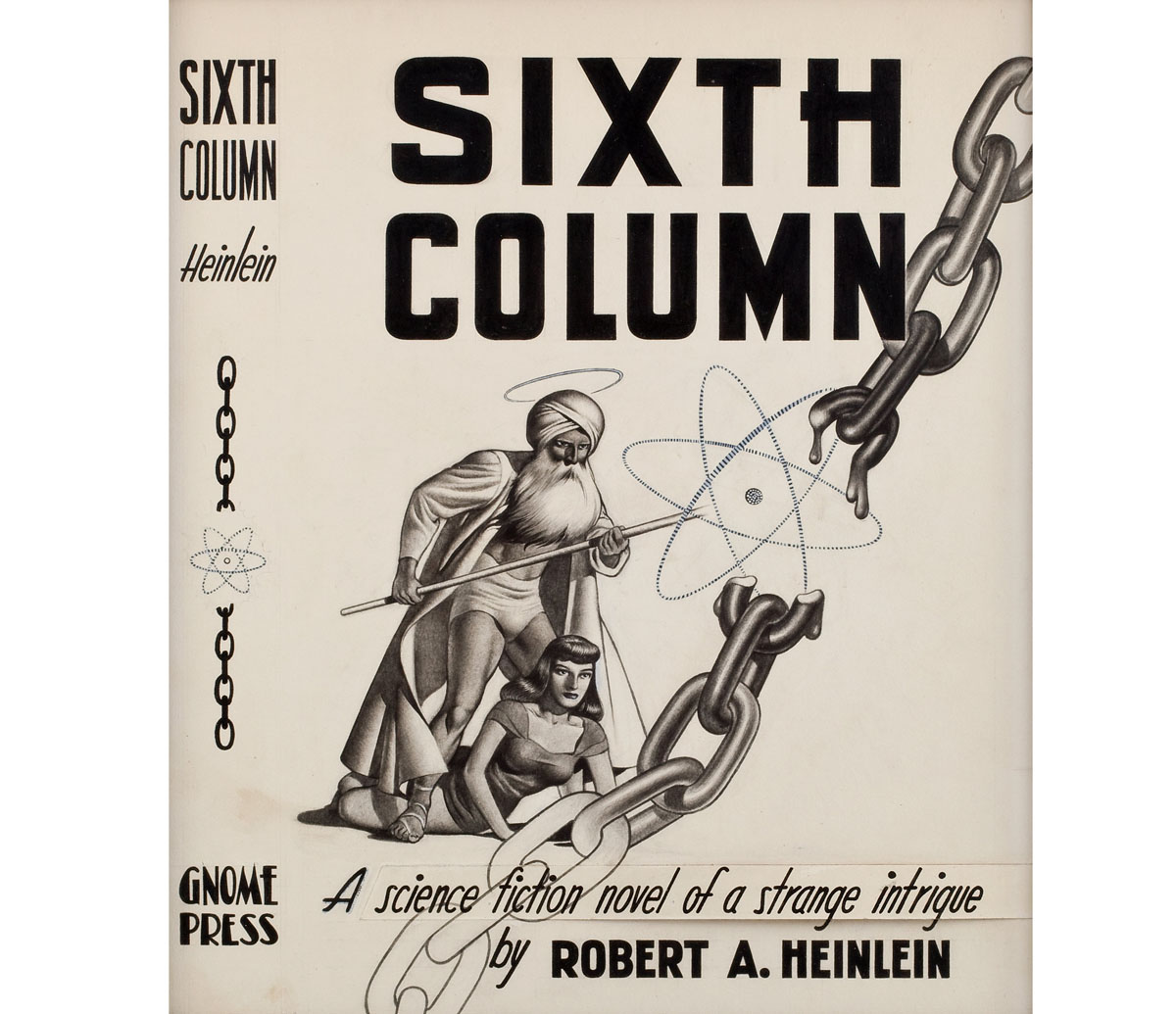
White House photo
A couple of days ago, The Atlantic published a flattering portrait of Jonathan Haidt: Jonathan Haidt Is Trying to Heal America’s Divisions. “Over the past decade,” wrote Peter Wehner, “no one has added more to my understanding of how we think about, discuss, and debate politics and religion than Jonathan Haidt.”
Haidt is an oracle to centrists, for whom it is axiomatic that wisdom always lies in the middle, between two extremes. To centrists, we’d all get along if only we’d just listen to each other, respect each other’s points of view, and meet somewhere in the middle.
Centrist thinking is very pretty. But it’s also very wrong.
Centrists like to say that Haidt is just doing objective social psychology, and that he stops short of saying that the moral values of conservatives and the moral values of liberals are equally valid. But I don’t see it that way at all. Haidt bends over backwards to accord respect to conservative values, and he always works in a slam against liberal values (identity politics, usually), as though there is a moral symmetry between left and right, with equal foible on each side and sound ground in the middle.
In the Atlantic piece, Haidt says that, while in India, he “really tried to understand a culture very different from my own, and in the process, for the first time, I was able to look at evangelical and conservative Christianity not as a force hostile to me as an atheist, a cosmopolitan, and a Jew, but as a moral community striving for certain virtues — and I could understand those virtues and I could respect those virtues. It was that combination that really drained me of my anger and hostility and, I think, helped me to just listen to people and try to map out what [they are] aiming for. What are the virtues they’re trying to instill? What is the vision of the good that they are pursuing?”
I find Haidt’s wrongness very frustrating, because I lack the credentials to shoot him down the way he deserves to be shot down. Mere bloggers like me are not supposed to dabble in moral and political philosophy. But there are other ways of answering Haidt’s centrism.
I’m halfway through Heather Cox Richardson’s How the South Won the Civil War. I’ll have a review soon. Her account of American history is extremely ugly. Clearly, in the final chapters, she is going to make the case that the politics that is tearing America apart today is the same politics that has been tearing American apart since its founding and over which we once fought a civil war. It’s the struggle between those who want equality and democracy versus those who actively oppose equality and democracy. It’s oligarchy that they want, and there is always racism, cruelty, gross injustice, self-serving religion, and attempts to rewrite history. “Prosperity gospel” and dominionism are the new Manifest Destiny. Richardson makes clear that Trumpism and Trumper-types have a long and continuous history in America. Richardson traces that history starting in the 18th Century, through the Civil War, through the near extermination of native Americans, to the present.
The Atlantic piece does say that Haidt votes for Democrats “because he thinks the Republican Party has been in a state of moral and philosophical decline for many years.” In other words, Haidt gets it. But he nevertheless wants us to listen to and respect as virtuous the ideas and “moral striving” of people who have been in a state of moral and philosophical decline for many years (centuries, according to Richardson).
I decline. Ugly religions, ugly philosophies, and ugly politics are not to be coddled, compromised with, and allowed to rule. They are to be called out, condemned, and pushed into the powerless margins where they belong.



















